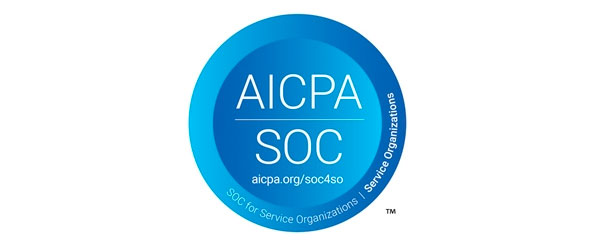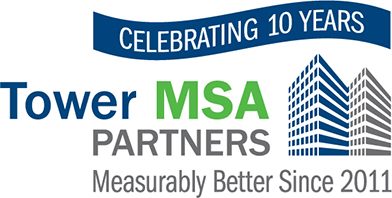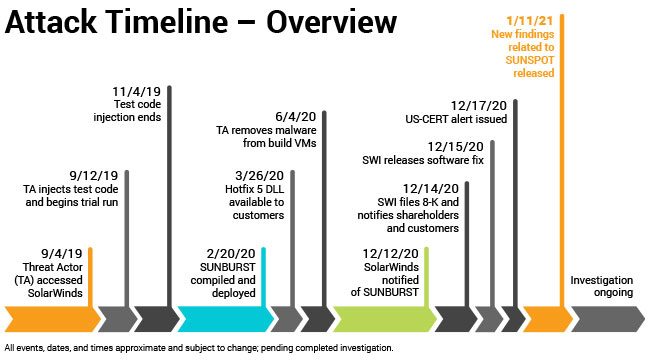Technology isn’t everything. It may seem hard to believe that I have said this because most of my career was steeped in technology.
In my past life, I developed automation systems for pharmacies and workers’ comp pharmacy benefit management (PBM) models. Rules-based adjudication platform allowed for automatic Rx fills for many prescriptions, but also supported trigger-based escalation for the outliers to request authorization or have an expert take a closer look. The time saved and convenience provided were astounding.
When we started Tower, Kristine Dudley and I automated much of the paper-intensive world of Medicare Set-Asides, and also integrated the 3 major components of Medicare Secondary Payer compliance, Section 111 Mandatory Insurer Reporting, Conditional Payments and Medicare Set Asides, into a single platform. I believe we were the first to do that.
Our platform, Tower’s MSP Automation Suite, was built based on state workers’ compensation statutes overlayed with WCMSA guidance, metrics-based KPI tracking and intervention / escalation triggers that supported MSP best practices. By seamlessly integrating Section 111 reporting, conditional payment resolution, and MSA preparation into a single, all-encompassing system, our MSP Automation Suite ensures that nothing drops through the cracks, no field goes unpopulated, problem cases can be identified, and deadlines are met.
Tower’s MSP Automation Suite captures, stores and manages all data points, integrates with ANY claims system, enables clients’ business rules to be overlaid onto ours, and gives our clients end-to-end visibility into Medicare and claim information. Our system also leverages embedded triggers to escalate medical and pharmacy issues, prompting a review for intervention. In short, Tower’s MSP Automation Suite leverages the best of automation until technology intersects with the need for expertise. This allows our team to manage, track and drive MSP compliance from the moment a Medicare beneficiary is identified through the claim’s closure.
Do we love automation? You bet we do.
But we realize automation can’t do everything. MSP compliance has always – and will always – require a high degree of consultative expertise. You can’t just capture and populate data fields, and automatically “pop” out an MSA that supports aggressive cost mitigation that is both CMS-approvable and facilitates settlement.
While many workers’ compensation claims move through the system seamlessly, others are “messy”. Body parts may be denied, additional claims may exist, co-morbid conditions may complicate treatment, surgeries, medical treatment and medications may be prescribed inappropriately or ICD10 codes may be too general or inconsistent with the treatment being paid by the carrier. These are just a subset of the rules-based triggers built into our system so that claims warranting attention are automatically escalated to a human expert to dig through files, examine causation questions, and probe open-ended medical care and contradictory medical records.
Clients need their calls, emails and questions answered by real people, and quickly. Complex conditional payment matters call for conversations … with a knowledgeable partner who shares your goals.
Our automated system escalates medical and pharmacy issues, but then you need a professional with specialized knowledge and experience to recommend the best intervention. And to implement it.
One of our most effective interventions created by Tower is our Physician Follow-up. Guess what? This is performed by people, people who have the patience and commitment to keep trying to talk to the provider. If you’ve tried to call and talk to your own doctor lately, you know what a challenge this can be.
These professionals have the knowledge and soft skills needed to delicately point out vague notes and open-ended recommendations in medical records. And they must be able to persuade the provider to clarify their treatment and prescriptions. Drafting a jurisdiction-specific statement for the provider to sign requires yet another human skill set.
If I had to name the one aspect that drives Tower’s success, I’d have to say service. Our technology enables us to respond quickly, anticipate issues, and proactively address them, but it’s the people, their attitudes, and their expertise our clients value the most.
The common thread in our client testimonies are service and partnership. Clients are “very impressed with [Tower’s] level of communication and availability to help answer questions,” and they say, “they truly listen; listen to understand and not just to respond.”
Perhaps this person sums things best: “They have advanced technology and certified specialists to ensure no stone is unturned.”
Insurance carriers, self-insureds and TPAs are dealing with shortfalls in staffing. There’s more pressure on the experienced adjusters, and the new hires need all kinds of support to get up to speed on MSP matters. Tower MSA Partners is here to help. That’s what the Partners part of our name means.
We are proud of our technology, and we recognize when to leverage it and when automation must give way to consultative expertise. There is a need for partnership with real people who care about your claim closure and settlement and can ensure that happens with the right balance of care, cost and compliance.
If you have any questions or just want to talk about partnership opportunities, the expertise of our people, or our technological capabilities contact me at rita.wilson@towermsa.com.












